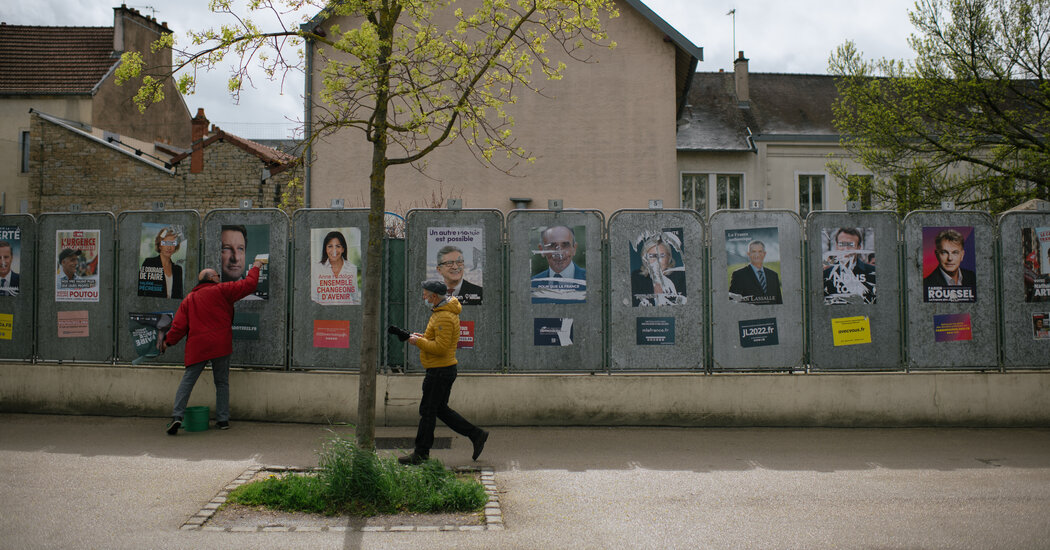
Profile
PARIS — Five years ago, Emmanuel Macron, a bold upstart with a Bonapartist streak, upended French politics to become president at 39, promising to put an end to the sterile divisions of left and right, fast-forward France into the technological age, and forge a more united and powerful Europe.
The son of two medical doctors from northern France, a product of the country’s elite schools, a glib speaker forever refining ideas, Mr. Macron never lacked for boldness. At a time when revived nationalism had produced Brexit and the Trump presidency, he bet on a strong commitment to the European Union — and swept aside his opponents with an incisive panache.
Europe, and its liberal democratic model, proved to be the fixed point of an otherwise adjustable credo. Mr. Macron began with a strong pro-business push, simplifying the labyrinthine labor code, eliminating a wealth tax, courting foreign investment and vigorously promoting a start-up culture.
A former investment banker in a country with a healthy distrust of capitalism, he inevitably became known as “the president of the rich.” Reforming France is notoriously difficult, as many presidents have found.
Confronted by enormous protests against planned pension overhauls and by the coronavirus pandemic, Mr. Macron ended up with a “whatever it costs” policy to support workers through the crisis, declaring at one point that “we have nationalized salaries.” Debt ballooned. But the virus was beaten back; growth shot up to 7 percent this year.
In the end, Macronism, as it’s known here, remains a mystery, an elastic and disruptive political doctrine depending less on content than the charisma of its loquacious creator. The Parliament and political parties often feel marginal.
Mr. Macron’s back-and-forth on many issues — skeptical of nuclear power before he was for it, strongly free-market before discovering “solidarity” — has earned him the sobriquet of the “on the other hand” president.
Yet he is also a radical thinker, a contrarian who will speak his mind, as in 2019 when he said NATO had gone through a “brain death.” The comment reflected his belief that the end of the Cold War should have produced a new strategic architecture in Europe, ideally integrating Russia in some way. He believes passionately that Europe must develop “strategic autonomy” if it is not to be sidelined in the 21st century.
Russia’s war in Ukraine has prodded Europe toward the unity Mr. Macron seeks, even as it has raised the question of whether the president had been naïve in his persistent outreach to President Vladimir V. Putin of Russia.
How, and in the name of what, and against whom, could Russia be “integrated” into European security?
Accused at the beginning of his presidency of aloofness, so much so that he was compared with “Jupiter,” the king of the gods, Mr. Macron learned painfully to listen, especially to those who struggle to get to the end of the month, only to revert to a strange detachment during the current campaign that allowed his longtime rival, the far-right candidate Marine Le Pen, to turn an election that seemed won for Mr. Macron into a close-run thing.



